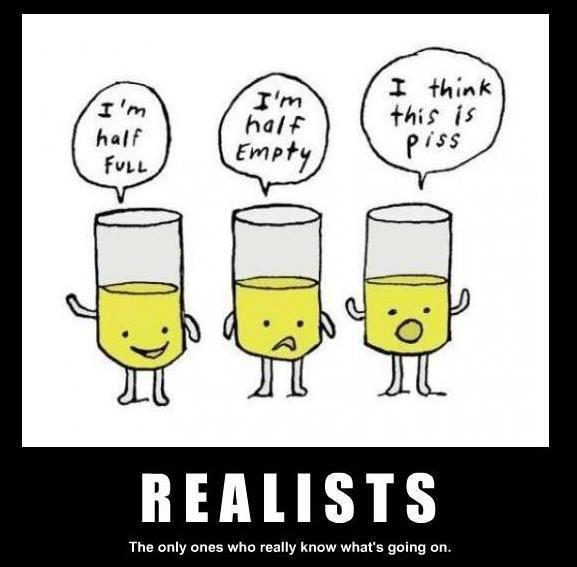Emotional resilience. The ability to adapt to adversity. This is a topic that’s very close to my heart. Some of us can bounce back when we get beaten down while others of us can’t. When I was young, I wasn’t very resilient, but after suffering one setback after the next over the course of my life only to find out that, particularly with support, I could prevail, I learned to “roll with the punches.” However, after Erik’s death, I lost all emotional strength. Getting out of bed in the morning was a chore. Sometimes it was impossible. I was so focused on the darkness that engulfed me that I was blind to what I had overcome in the past. Eventually, that lack of resilience took its toll when I ended up trying to take my own life. Were it not for my youngest daughter’s efforts to save me, I wouldn’t be here writing this today. Since then, it’s taken a great deal of strength and effort to rediscover that emotional resilience that before had defined me as survivor rather than victim, but, with Erik’s help, I’m slowly progressing to where I once was.
Me: Some people can bounce back from a painful experience to varying degrees and over different periods of time while some people can’t at all. What’s behind that? For example, someone was in a toxic relationship which ended abruptly, but they can’t seem to get back on their feet again.
Erik: It’s the vicious cycle and the “haunt.” (In an eerie voice) Ghost energy!
Me: Oo!
Erik: Not ghost people. I’m just talking about an energy I call “the haunt energy.”
Me: Oh, okay.
Erik: You know how each seven years every cell in your body has changed?
Me: I think I’ve heard that. Still, I question your theory based on the way my body looks now!
Erik chuckles.
Erik: So, physically, we can create new selves. Redone, renovated.
I’m going to have to have a serious talk with my general contractor.
Erik: But energetically, we’re not trained to do that. So our memories and our old emotions keep coming back. Even if we learned from the situation and we know we’ve done the “right” thing, it keeps coming back and haunting us.
Me: I can see how that might make it hard to peel yourself up off the floor. Whatever haunts you keeps you pinned down.
Erik: Yeah, and those who have trouble bouncing back don’t know how to accept what they’ve been through and let it run through them. They don’t know how to let all the negativity move through them in a way that they get the experience without it altering them. You need to be a net in the river. The net experiences all of the motion, the energy and the life force, but its structure never changes. The net stays intact. What some people do in a “negative” situation is nothing. They just stay in place. They sit there like a rock, and that sitting comes from an emotional place. They don’t trust whether they’ll be able to handle the situation emotionally, so they stay in their pain, their grief, whatever they need to bounce back from, and they don’t trust that if they do bump into something, it’s not going to be the end of the world. They need to know that they’ve bumped into things in the past, and they’ve figured out a way around it, so they’ll figure out a way around this one, too.
Me: Are you saying –
Erik (Sensing my confusion): Here’s another way to look at it. You have a brick wall, and you have a screen wall. A rush of air can’t go through the brick wall. It has to go up and over it. That creates a force, a braking force.
Me: Mm hmm.
Erik: Air can get through the screen wall, and at least you still have some kind of barrier. That barrier is you. You can’t say, (shouting in a whiny voice) “I can no longer have a barrier here!” That’s like saying, “I can no longer be myself.” That’s bullshit. You definitely want to be you. You don’t want to give up you, and you can have “you” remain in place without being the brick wall. What you want to be is the screen. In terms of emotional resilience, being the screen allows your haunting moments to move through you. People who aren’t emotionally resilient are either lowering their head and trying to push their way through the brick wall, or they’re crouching behind the wall stuck in place and whimpering. I guess what I’m trying to get across is that emotional resilience is about letting things pass through you while acknowledging that you’re having the moment that’s been haunting you like a fucking ghost.
Me: What might be an example of haunting moment?
Erik: Let’s say you wanted to say something to a dying person, but they died, and you’ll never get your chance.
Me: Oh yeah. Mm hmm.
Erik: If you aren’t emotionally resilient, you’ll let that haunting moment of not saying those final words bash into the brick wall over and over. When you do that shit, you feel pain with every blow. If you’re emotionally resilient, you’ll let that haunting moment pass through the screen, and you’ll sift out anything that’s valuable in the experience.
Me: What might be valuable in this example?
Erik: Well, you might realize that you’ve already said enough. You might realize that saying those words can’t change the past or the future. There are all sorts of possibilities, and whatever you sift out is part of your authentic self.
Me: So how do we choose to let our haunting moments move through the screen instead of crashing into the brick wall?
Erik: It takes building trust with yourself that whoever was behaving in that certain way in any given moment was the true, authentic “you.” That’s what creates resiliency. That’s what allows you to let that haunting emotion or thought move through you. You don’t hold onto it and let it destroy the energy that you currently have. You don’t let it manipulate you.
Erik words here are so powerful. They ring true and give me pause (and chills.) Now for some comic relief!




